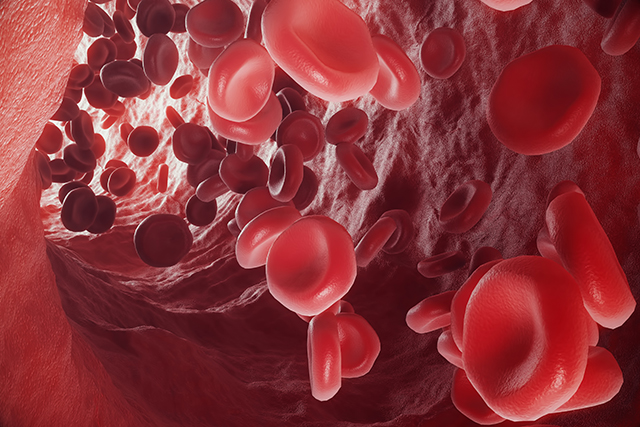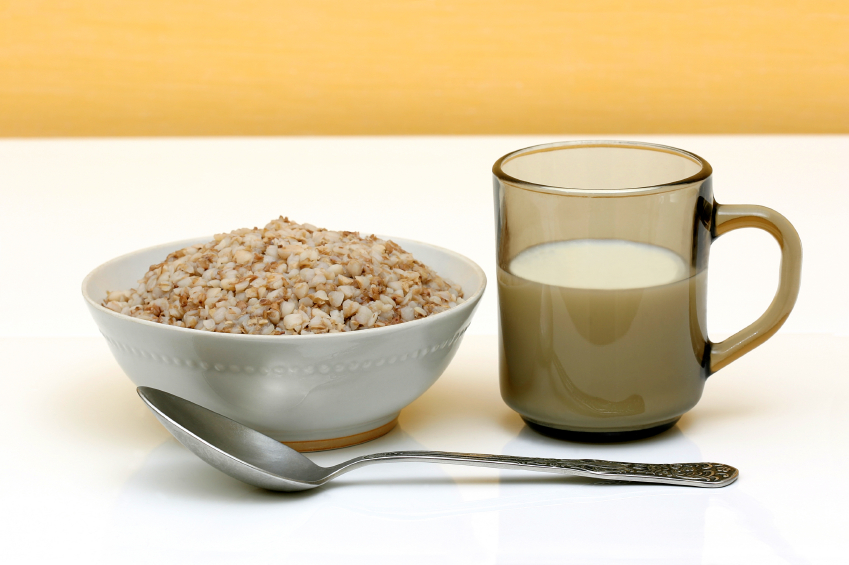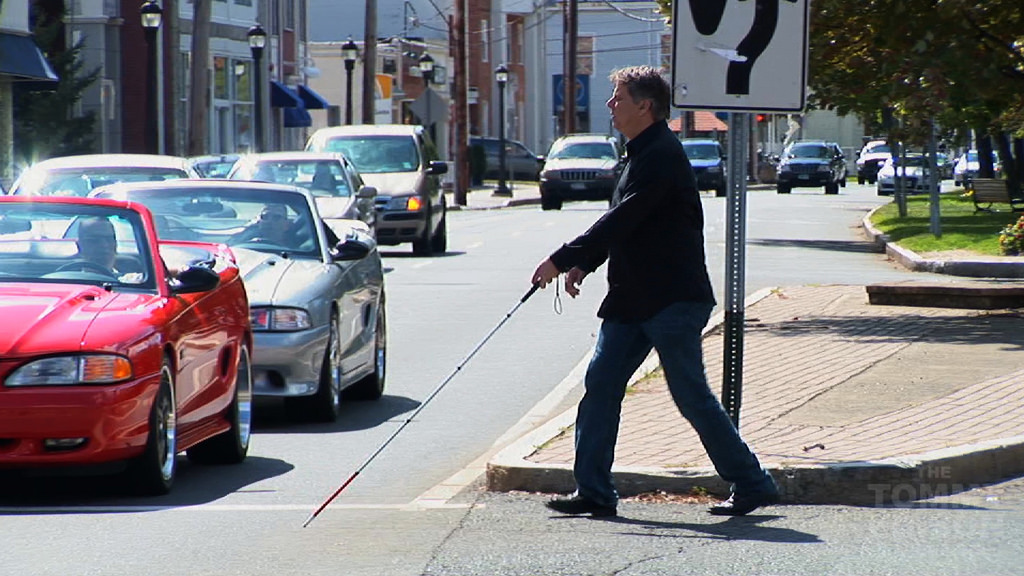Unliked and seenzoned: Negative experiences on social media linked to increased feelings of loneliness, reveals study
04/26/2019 / By Zoey Sky

Social media was initially touted as a convenient way of getting in touch with family and friends, both old and new. However, a study suggests that social media use is associated with loneliness and increased risk of various health problems.
The study, which was published in the American Journal of Health Promotion, was conducted by researchers from the University of Pittsburgh’s (Pitt’s) Center for Research on Media, Technology, and Health (MTH).
Data from the study revealed that positive interactions on social media don’t make young adults feel more connected. Moreover, negative experiences increase the likelihood of users reporting loneliness.
These findings referenced award-winning research that was conducted by MTH researchers in 2017, which associated more frequent use of social media with increased feelings of loneliness.
The study’s lead author and director of MTH, Dr. Brian Primack, who is also the dean of Pitt’s Honors College, notes that this link between social media use and loneliness is surprising since platforms like Facebook are supposed to help people connect with each other.
Perceived social isolation, which is a synonym for loneliness, is linked to health conditions like depression, heart disease, or high blood pressure.
Because social media is a regular part of daily life for most people, it is crucial to determine why this is happening. Primack also says that experts should try and help users navigate social media without as many negative consequences.
Perceived social isolation and Facebook usage
For the study, the researchers surveyed 1,178 students from West Virginia University aged 18 to 30. The survey included questions about social media use, to what extent their experiences were positive or negative, and their level of perceived loneliness.
Mother Nature's micronutrient secret: Organic Broccoli Sprout Capsules now available, delivering 280mg of high-density nutrition, including the extraordinary "sulforaphane" and "glucosinolate" nutrients found only in cruciferous healing foods. Every lot laboratory tested. See availability here.
The research team analyzed these perceptions of social media interactions across the specific platforms students were using.
The data showed that for every 10 percent increase in negative experiences on social media, the participants reported a 13 percent increase in feelings of loneliness. Meanwhile, for every 10 percent increase in positive experiences on social media, the volunteers reported no statistically significant changes in feelings of loneliness.
Dr. Jaime Sidani, coauthor of the study and assistant director of MTH, said that it was unclear if the users who felt lonely were actively looking for or attracting negative social media experiences, or if the users were having negative social media experiences that were causing perceived isolation.
Sidani explained that individuals often give greater weight to negative experiences and traits than to positive ones. This could explain why users tend to feel lonely because of social media. (Related: Spending too much time on social media can make you lonely and depressed.)
It is possible that positive experiences on social media are only linked to fleeting positive reinforcement, while negative experiences, like public disagreements on social media, could rapidly worsen and leave a lasting, potentially traumatic impression.
Another possibility is that socially isolated individuals prefer to use social media for negative interactions. Sidani mused that the answer could also be a combination of both factors.
The researchers warned that the study results emphasize the need for intervention to minimize feelings of loneliness associated with social media use. Primack said that health care professionals should teach the public to be more responsible and thoughtful when interacting with other users online.
He concluded that advocating for awareness and education around positive and negative social media experiences can help significantly improve the emotional and mental health of countless users.
Tips for handling negativity on social media
The best way to avoid negative experiences on social media is to curb your use of platforms like Facebook and Twitter. But if you occasionally check your Facebook, here are some tips that will help you handle negativity on social media.
- Don’t pay attention to online “trolls.” Trolls aren’t interested in intelligent, productive discussions, so don’t engage their negativity.
- Foster a caring online community. If you see negative comments from trolls on a friend’s Facebook post or on a blog that you follow, don’t reply to them. Instead, post positive comments and tell your friend that their post was enjoyable. Your friend will appreciate your support, and your comment will encourage others to speak up.
- Respond to trolls with humor or kindness. Trolls thrive on chaos, but they will probably be disarmed if you respond to their hate with a funny but kind response. You can even thank them for their insight, but don’t stoop to their level by leaving hurtful, negative responses.
- Try to repair the relationship. Sometimes, you may end up disagreeing with people you personally know, like family and friends, on social media. If you want to have an amicable relationship with them, try sending them a private message or ask if they want to discuss things over the phone instead. Private channels can help facilitate a peaceful solution to online disagreements.
Use social media wisely, or ignore it completely and interact with family and friends to promote healthy and meaningful personal relationships.
Sources include:
Tagged Under: Anxiety, badtechnology, computing, depression, emotional health, Facebook, Glitch, health risks, Instagram, internet, loneliness, mental health, Mind, negative experiences, online experiences, perceived social isolation, Psychology, Smartphones, social isolation, Social media, tech giants, technology



















